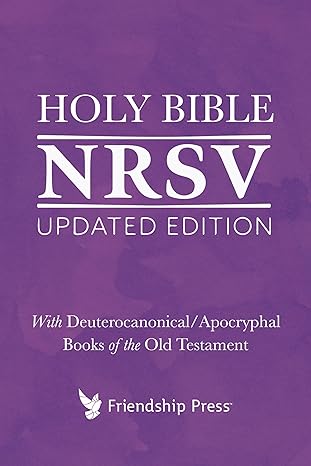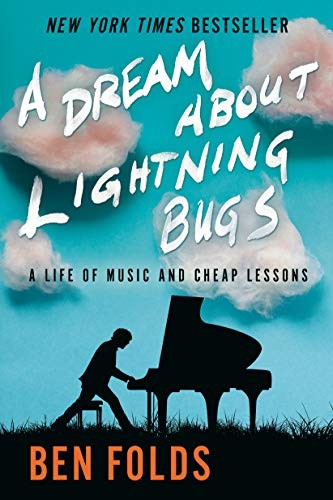Kinda wild to be finishing this book. It's a spectre that's been haunting my life for years because of how thrilling and interesting the 1st and 6th plateaus are. I've started and stopped it a few times (Plateau 3 is intimidating but very good), taken many breaks, but now I am finished (tho I will return, but for partial, specific readings rather than a linear read through). Now some brief thoughts about the individual plateaus:
1: Absolutely great. Feels more firebrand in the opposition of hierarchical structures/"trees" than the rest of the book.
2: About Freud's wolf-man case. Is called "One Or Several Wolves" and where I stole my current username from :3
3: Absolutely wild. Incredibly confusing and thrilling and eventful. It's probably the most narrative of the plateaus and one I really recommend (if you can handle not understanding everything being said). The only suitable format to read it is on genius.com (the music lyric website) (/j): genius.com/Gilles-deleuze-and-felix-guattari-10000-bc-the-geology-of-morals-who-does-the-earth-think-it-is-annotated
4: About lingustics. Don't remember at all.
5: About semiotics. Don't remember at all.
6: Talks about bdsm quite a bit and their concept "the body without organs." This is probably the plateau i feel i understand the most and, along with 1, the one i have read the most. it's edgy and weird and if i were to try to get someone into the book i would recommend either 1, 3, or 6 to them.
7: About the development of subjectivity/the face. i didn't understand it all that well and the guidebook didn't help much (should probably revisit).
8: I don't understand why this plateau exists. It is about 3 specific novels, is very short, and just kind of seems like it covers concepts that are better covered in plateau 9.
9: I remember this one being cool. All of the plateaus are about the relationship between stasis-change, inside-outside, structure-chaos, etc. but this one is more abstractly about those things.
10: This plateau is absolutely awesome. I may think about it more than any of the others. It talks about certain philosophical concepts from their perspective and is also relatively narrative like plateau 3. Wanna reread it too.
11: I like the way this one begins. I kind of lost interest in the middle. Maybe I was rushing too much? This is another one I'd like to reread.
12: The longest plateau and it feels like it. It's not a bad plateau, though. It compares chess and Go and essentially just talks about the relationship between the state-form trying to regularize, make-static, control phenomena and "the war-machine" which seems like is something that does the opposite and breaks things down, destructures them, etc. It gets weird when it talks about the state co-opting and controlling the war-machine. Also, sort of narrative? I should read more creative non-fiction.
13: Plateau 12.5, it's pretty much just a continuation of the discussion and concepts in the previous one while being a little shorter. This one feels pretty Marxist because it talks a lot about surplus value and just Marx in general.
14: This plateau talks about a concept mentioned in 12/13: the distinction between smooth and striated spaces. It's essentially them talking about the distinction between stasis/change, structure/chaos, etc. I don't think it's quite right to say they're talking about centralized control vs decentralized control, but more so regularized and structured spaces vs. more free flowing and dynamic spaces and the way that one can produce the other. This one has a lot of examples from types of fabric making, music, seafaring, etc. It was pretty good, I think it's a good way to end of the book.
After that there's just a conclusion that lays out some of their big concepts and directs you to individual plateaus that may be useful.
I don't actually know if I'd recommend D&G to someone else. I like their work and their method of argumentation, but it'd be easier to sell someone on Alan Watts or some Zen Buddhism book which moves someone in a similar-ish direction. Also, I feel accomplished :3














